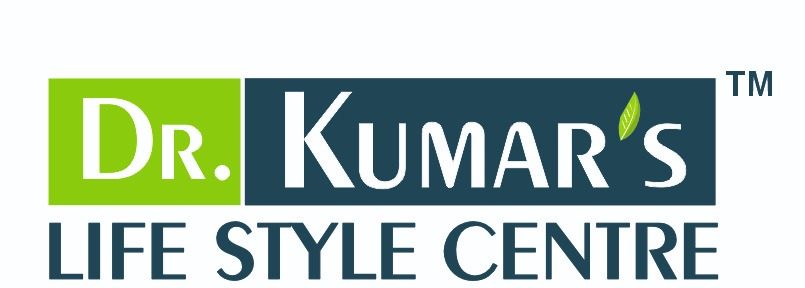
The World Health Organization (WHO) Defines Health
- Dr Kumar

WHO Defines Health
The World Health Organization (WHO) defines health as “a state of complete physical, mental and social well-being”, which means that this concept goes beyond the existence of one or another disease. Consequently, rather than a healthy lifestyle, one must speak of a lifestyle which includes diet, exercise, health prevention, work, relationship with the environment and social activities of life. From this perspective, it can be determined that the habits necessary for a healthy life are:
Balanced diet: Healthy eating is governed to include all foods covered by the food pyramid, but in the right proportions and in sufficient quantity (no more) to maintain the nutritional needs of the organism in terms of energy consumption that it performs with the daily activity. The daily energy value of the diet should be 25 to 40 kilo calories per gram weight. Carbohydrates should occupy 40 to 50% of nutrients, with no more than 10% of simple sugars. Fats must be 25 to 30% of the total energy value, dividing as follows: 15 to 20% of monounsaturated fats, polyunsaturated 5% and not more than 7 to 8% saturated. Protein consumed should not exceed 30% of the diet. Widely this percentage depending on your weight and health goals. Finally, it should provide the body with 20 to 25 grams of vegetable fiber and other micro nutrients like minerals and vitamins. Keep it in mind that even after having a good diet if you are not getting energy and required health benefits, there may be something wrong with your digestion or absorption.
Toxic habits: Toxins mean anything which is not required from nutrition perspective by the body and all processed food. There is two type of source from where we acquire toxins one is from food which we eat, air which we breathe and second is from within which body creates due to any abnormality or disease. Alcohol and drugs very negatively affect health. The only tolerance refers to wine or beer.
Exercise: Any synchronized movement of your body called exercise. This synchronization should be between your movement, breath, feel and energy. Determine the general recommendations about 30 minutes of daily physical activity doing sufficient brisk walking during this time. This allows to burn excess calories and strengthen muscles and bones and also helps to control blood pressure, cholesterol and glucose level. It contributes in elimination of stress and help you sleep better, acquire a state of relaxation and avoid mood swings, it also improve self-esteem and personal satisfaction status. It can also be a good way to develop a healthy social activity when exercise is done in the company. To fit into your lifestyle don’t restrict exercise with time-table and place. Whenever wherever you get chance you can do it provided minimum requirement of at least 2 to 3 hours gap after a meal.
Hygiene: Proper hygiene prevents many health problems. which includes physical and mental hygiene. Physical hygiene has two aspects: External and Inetrenal. External hygiene cover our body surface cleaning like: skin, hair etc. Internal hygiene consist oral cleaning, colon cleaning, flushing and proper excretion of all body wastes. Mental hygiene means clarity and purity of thoughts, balanced emotions etc. Mental hygiene can be achieved through Yoga, Meditation and balanced social life.
Just by maintain physical and mental hygiene we can prevent most of the diseases. In Naturopathy it is categorically said that basic reason of all diseases is accumulation of foreign matter inside the human body. As per naturopathy if we clean the body internally as well as externally we can treat most of the diseases.
Staying fit and healthy is incredibly important – not only for physical health but also for mental well being. It’s never easy to encourage others to adopt an active lifestyle – it really has to come from within the minds of each individual.Tags: healthy lifestyle
